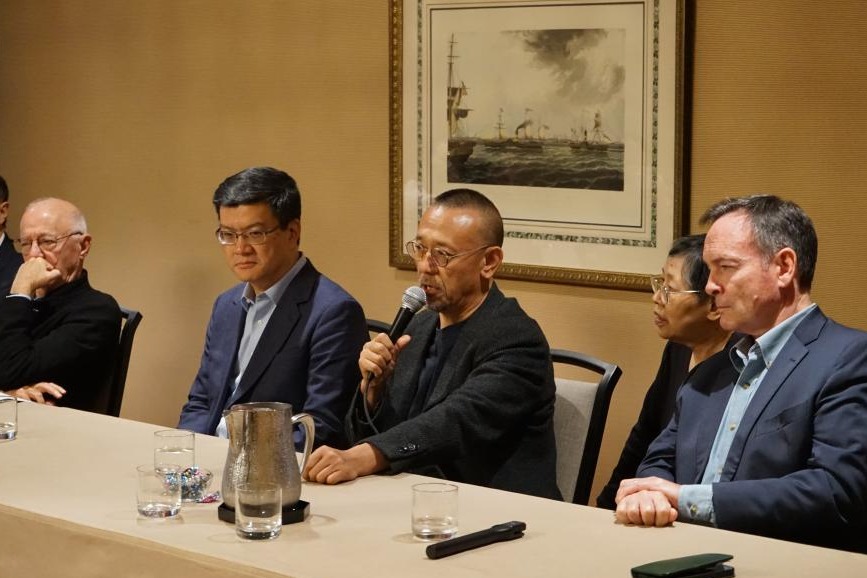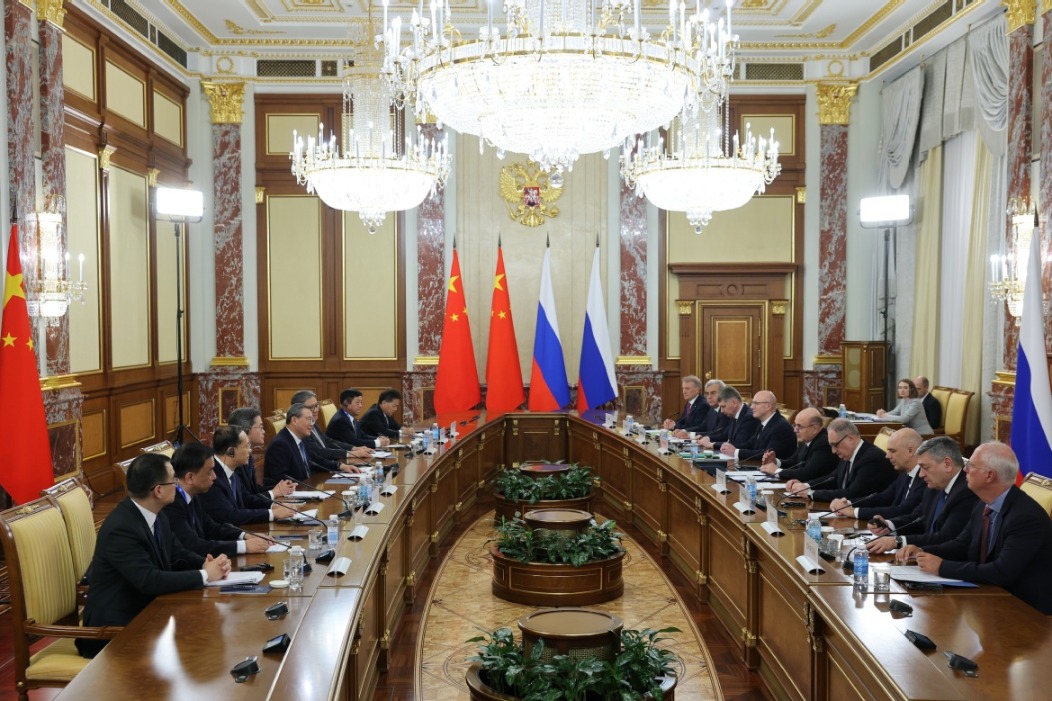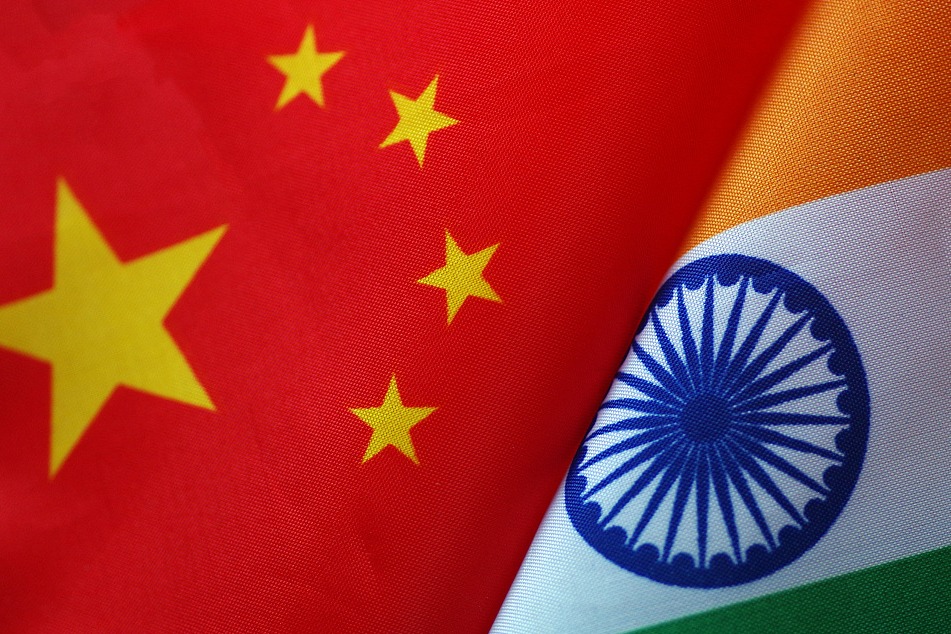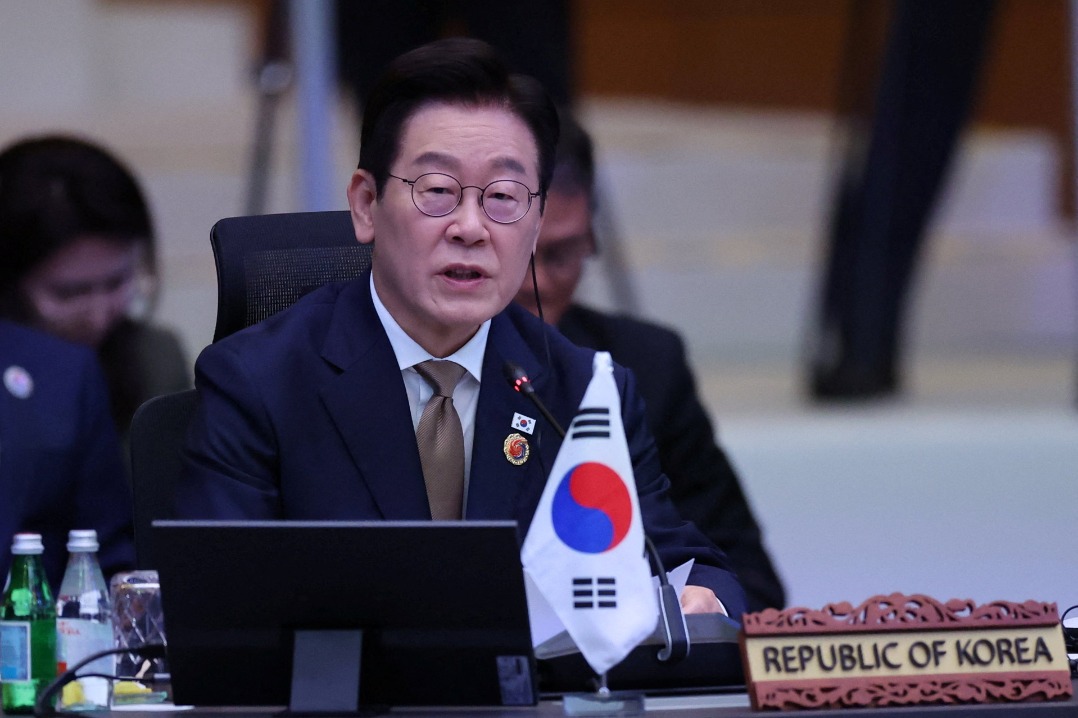Indonesians confident of economy amid uncertainty

Indonesia remains confident about its domestic economy despite the current global economic climate, viewing its newly established sovereign wealth fund as a key driver for boosting investment.
Vice-Finance Minister Anggito Abimanyu, speaking at a dialogue forum in Jakarta on Wednesday, said Indonesia enjoyed 4.87 percent economic growth in the first quarter of this year. This was down from 5.11 percent in the same period last year, according to the Central Statistics Agency.
"Our exports are strong but we need to push our investment," Abimanyu said in his address at the forum. Held by credit rating agency Fitch Ratings, the forum discussed Indonesia's sovereign and financial institutions' outlook, as well as the country's corporate infrastructure, public finance and ratings outlook.
"Danantara will be one of the answers to boost investment and the strategic projects," the vice-minister said.
Danantara, or Daya Anagata Nusantara, is a sovereign wealth fund established by President Prabowo Subianto to consolidate and optimize government investment in supporting economic growth. Its funds will be allocated to more than just national strategic projects.
Danantara takes over ownership of state-owned companies from various sectors, including top state banks, the oil and gas company Pertamina, and the telecommunications company Telkom.
Its funds will be used to finance strategic projects, including those focused on food and protein production for children and pregnant women, industrial downstreaming, aquaculture, renewable energy and housing development.
Thomas Rookmaaker, head of Asia-Pacific Sovereigns at Fitch Ratings, told the forum that it had just revised its outlook for Indonesia's economic growth to 4.9 percent for this year. Indonesia's 2025 state budget targets year-on-year economic growth of 5.2 percent and inflation of 2.5 percent.
Prabowo has set a target of 8 percent annual economic growth by 2029, citing Indonesia's average growth of 7.3 percent in the previous years.
External environment
Rookmaaker said "the external environment is not very friendly right now", with global growth slowing. He said that meeting Prabowo's 8 percent target will be challenging.
"That's one of the issues that we will focus on in the coming years," Rookmaaker said.
"But on the ground, small business owners tell us that they're very anxious," he said.
Arief Budiman, Danantara's managing director for finance, said Indonesia needs to invest in areas that can help boost its productivity. Global investors will only invest in areas in which they are already interested and comfortable with, he said.
Juli Budi Winantya, director of the economic and monetary policy department at Bank Indonesia, the nation's central bank, said Indonesia's economy is much stronger in the current situation.
He pointed out that the rupiah is currently depreciating by only about 4 percent, compared with about 30 percent in 2008. Inflation and nonperforming loans are much lower, Winantya said.
Vice-Finance Minister Abimanyu also told the forum that in addition to continuing tariff negotiations with the United States, Indonesia is now strengthening its bilateral and multilateral cooperation with BRICS and ASEAN member states.
The writer is a freelance journalist for China Daily.






























